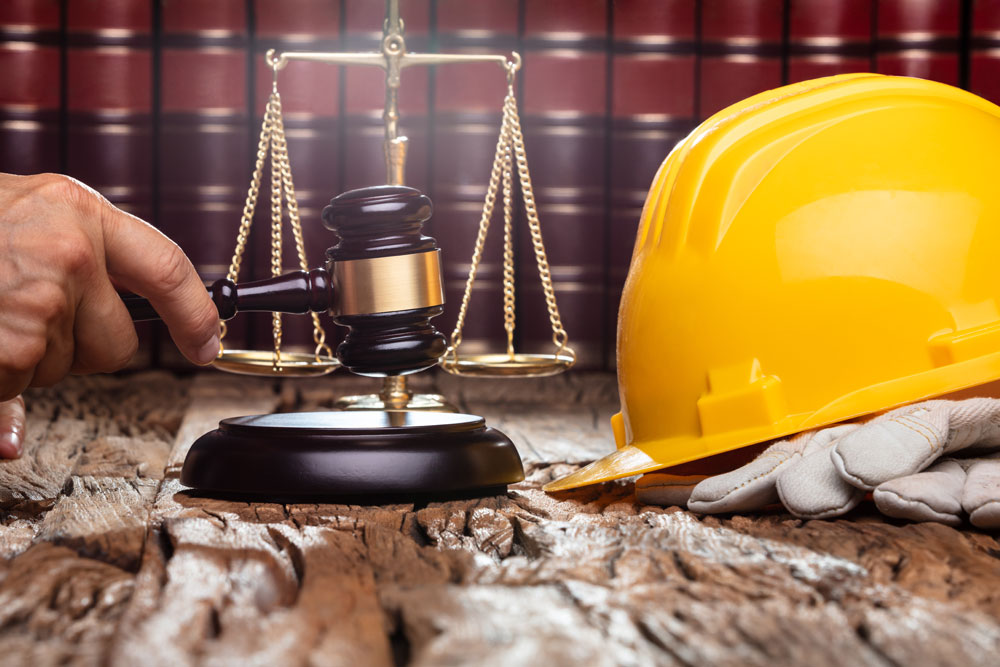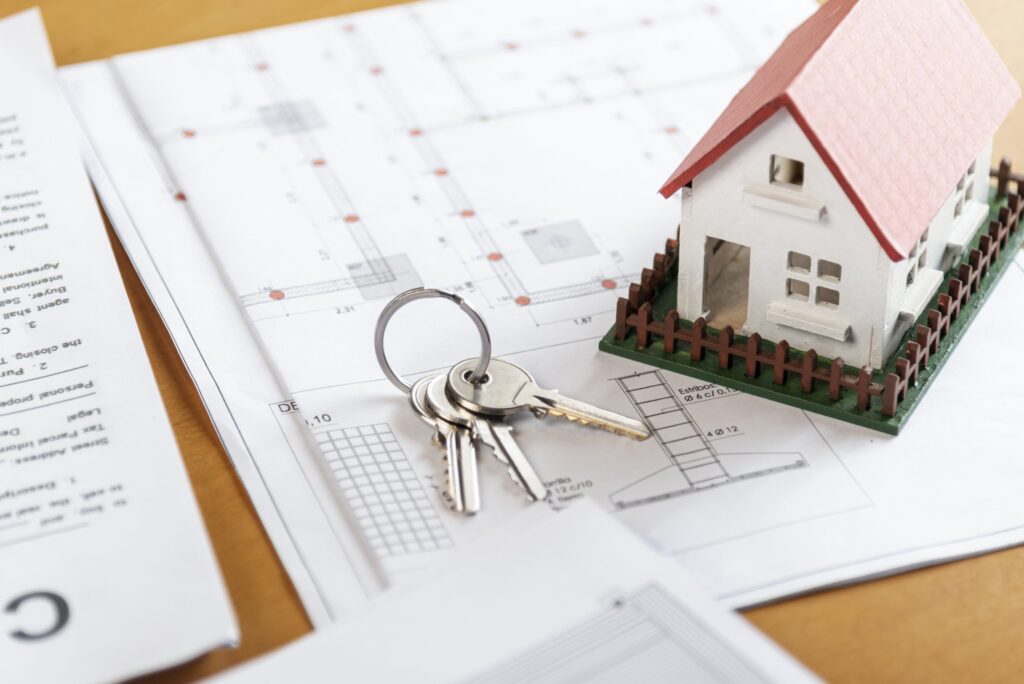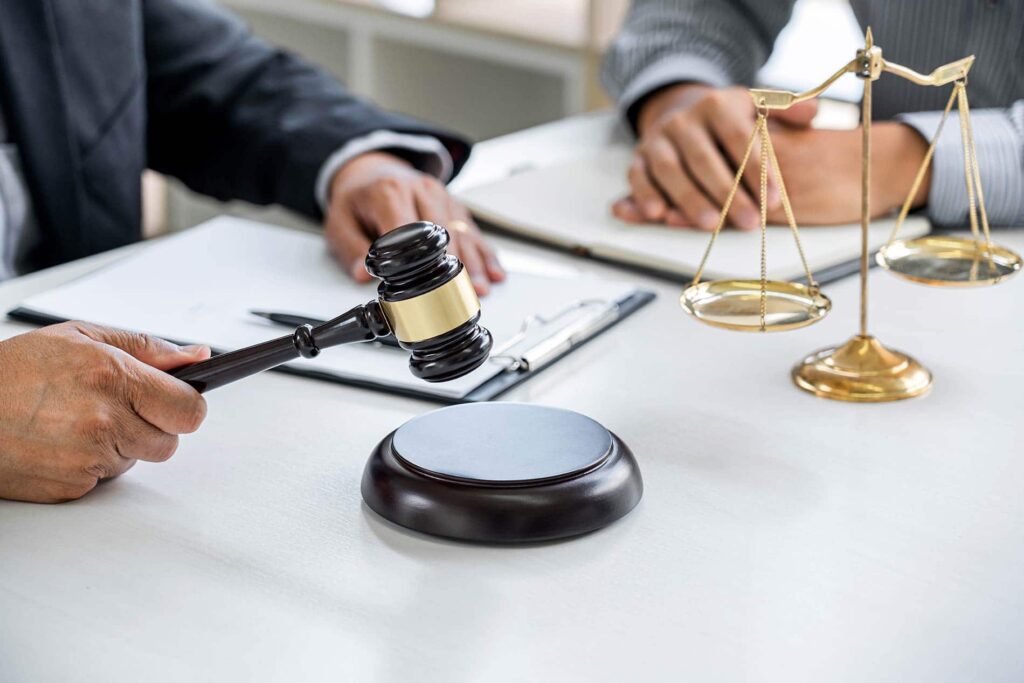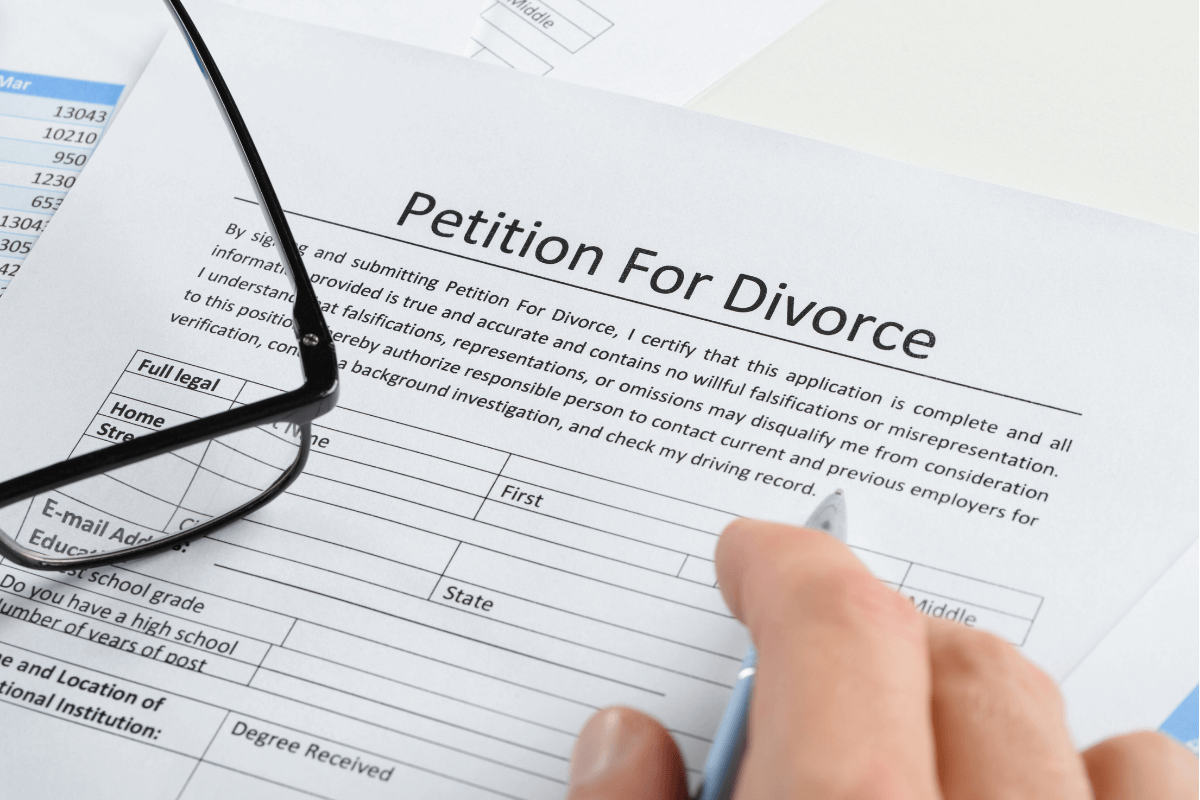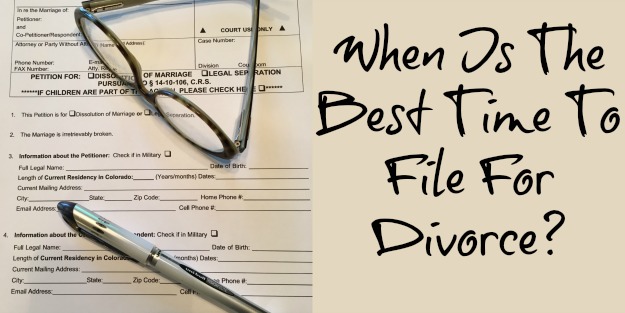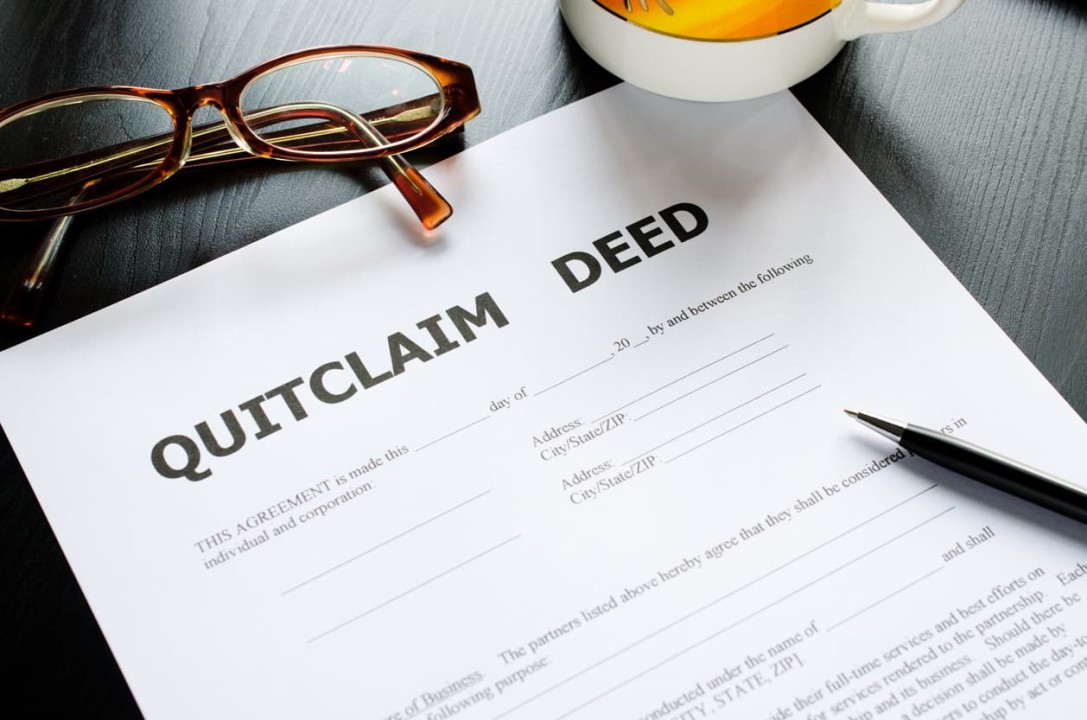Understanding the Basics of Building and Construction Law
Building and construction law encompasses a wide array of legal principles, regulations, and requirements relevant to the construction industry. In Sydney, this area of law governs the relationships between various parties involved in construction projects, including builders, contractors, subcontractors, and property owners. Understanding these laws is essential for anyone engaged in building or construction activities, as non-compliance can lead to significant legal ramifications.
Key Legal Principles in Construction
One of the foundational aspects of building and construction law is contract law. Contracts serve as binding agreements that outline the rights and obligations of the parties involved. It is crucial for all parties to understand the terms of any contract they enter into, including scope of work, timelines, payment schedules, and dispute resolution mechanisms.
Additionally, statutory law plays a vital role, particularly laws governing health and safety standards, environmental protection, and labor relations. These laws ensure that construction activities do not adversely affect public safety, health, or the environment. Educating oneself on these legal elements is not only beneficial but essential for successful project execution. For instance, understanding the nuances of the Building Code of Australia can help stakeholders navigate complex compliance issues and avoid costly delays.
Importance of Building Regulations
Building regulations are critical to ensuring that construction projects adhere to safety, structural integrity, and zoning laws. In Sydney, these regulations are enforced through various local and state authorities, which require compliance before any construction work can commence.
Failure to comply with building regulations can result in significant penalties, including fines, rework, or even demolition of non-compliant structures. Therefore, it is imperative for builders and developers to familiarize themselves with the local building code and ensure that their projects meet all regulatory standards. Moreover, engaging with professionals such as architects and surveyors who are well-versed in local regulations can greatly enhance a project’s success. These experts can provide invaluable insights into the permitting process, ensuring that all necessary approvals are obtained before construction begins, thereby minimizing the risk of legal complications later on.
Furthermore, the dynamic nature of building regulations means that stakeholders must stay informed about any amendments or updates to the law. This can involve regular consultations with legal advisors or participation in industry seminars and workshops. By maintaining a proactive approach to understanding and complying with building regulations, construction professionals can not only safeguard their projects but also contribute to the overall integrity and safety of the built environment in Sydney.
Navigating the Planning and Approval Process in Sydney
The planning and approval process is an essential step in any construction project. This process ensures that proposed developments align with local policies, environmental sustainability, and community needs. Understanding this process is crucial for developers in Sydney, where the regulatory landscape can be complex and multifaceted.
Understanding the Development Application Process
The development application (DA) process is a formal procedure that must be followed before beginning construction. This process involves submitting a comprehensive application that details the proposed project and complies with local planning controls and policies. The council or relevant authority will review the application, consider public submissions, and assess any potential impacts on the environment and surrounding community.
Timelines for approval can vary significantly based on the complexity of the application. Therefore, applicants should plan accordingly, allowing for potential delays in the decision-making process. It’s also advisable to engage with local stakeholders early in the process to gather feedback and address concerns that may arise, which can facilitate smoother approvals and foster community support for the project.
Dealing with Building Certificates and Permits
After securing development approval, builders must obtain various certificates and permits before commencing work. These may include construction certificates, which verify that plans comply with building regulations, and occupation certificates, which confirm that the building is safe for occupancy once construction is complete.
Operating without the necessary permits can lead to serious legal issues, including fines and project delays. Consequently, familiarity with these requirements is vital for smooth project execution and compliance with the law. Additionally, it is important to keep abreast of any changes in legislation or local policies that could affect the permitting process, as these can evolve rapidly and impact project timelines. Engaging a qualified planning consultant can be beneficial, as they can provide expert guidance and help navigate the intricacies of the regulatory environment, ensuring that all documentation is accurately prepared and submitted in a timely manner.

The Role of the Building and Construction Commission
The Building and Construction Commission is a regulatory body that oversees the building and construction industry in Sydney. It plays a crucial role in maintaining standards, facilitating compliance, and addressing disputes among parties involved in construction projects.
Functions and Responsibilities of the Commission
The Commission’s primary responsibilities include enforcing building laws, providing guidance to builders and contractors, and investigating complaints from consumers and other parties. This oversight helps to ensure that all construction activities are conducted fairly and legally.
Moreover, the Commission offers resources to educate builders and consumers about their rights and obligations, helping to reduce misunderstandings and disputes within the industry. Through workshops, seminars, and online resources, the Commission empowers stakeholders with the knowledge necessary to navigate the complexities of building regulations, ensuring that both builders and consumers are well-informed about the processes involved in construction projects.
How the Commission Regulates the Industry
The Commission regulates the building industry through various mechanisms, including audits, inspections, and enforcing penalties for non-compliance. By actively monitoring construction activities, the Commission helps to uphold safety standards and protects the interests of consumers.
It also provides a forum for resolving disputes between parties, which can often arise in construction projects. This mediation process is crucial in addressing conflicts before they escalate into significant legal battles. Additionally, the Commission collaborates with other regulatory bodies and industry stakeholders to develop best practices and improve overall industry standards. By fostering a culture of compliance and accountability, the Commission not only enhances the integrity of the building sector but also contributes to the long-term sustainability of construction practices in the region.
Legal Issues in Building and Construction
Despite proper planning and adherence to regulations, legal issues can still arise in building and construction. Awareness and understanding of these potential legal problems can help all parties involved navigate challenges effectively. The construction industry is inherently complex, involving multiple stakeholders such as architects, engineers, contractors, and subcontractors, each with their own roles and responsibilities. This complexity can lead to a myriad of legal considerations that must be addressed to avoid costly disputes.
Common Legal Disputes in Construction
Common disputes in the construction sector often involve contract breaches, delays in project delivery, and issues related to workmanship. It is important for all parties to document interactions and agreements thoroughly to provide clarity and support should disputes arise. For instance, delays can stem from unforeseen circumstances such as inclement weather or supply chain disruptions, which may not always be accounted for in the original contract. This highlights the necessity of including clauses that address potential delays and their implications in the contract.
Additionally, disagreements regarding variations in work performed, cost overruns, and compliance with regulations can lead to legal conflicts if not handled appropriately. Using clear communication and having well-documented contracts can help mitigate these issues. Furthermore, it is advisable for parties to establish a protocol for addressing changes in scope or budget, as this can significantly reduce the likelihood of disputes arising from misunderstandings. Regular meetings and updates can also foster a collaborative atmosphere, allowing all stakeholders to stay informed and aligned throughout the project.
Legal Rights and Obligations of Parties Involved
Each party involved in a construction project has specific legal rights and obligations, which must be clearly understood and respected. Owners have the right to expect quality workmanship and timely completion, while builders have the right to receive compensation for their services. This reciprocal relationship is foundational to the successful execution of any construction project, and recognizing the importance of these rights can lead to more harmonious working relationships. Click here to get about: Construction Lawyers Sydney: How to Protect Your Project from Legal Risks
Understanding these rights and obligations can prevent misunderstandings and ensure that disputes are resolved effectively. Builders and contractors are encouraged to seek legal advice to ensure compliance with laws and to ensure they protect their rights in the event of a disagreement. Additionally, it is beneficial for all parties to familiarize themselves with local building codes and regulations, as these can vary significantly by jurisdiction and can impact project timelines and costs. Engaging with legal professionals who specialize in construction law can provide invaluable insights into navigating these complexities, ultimately contributing to a smoother project execution and reducing the risk of legal entanglements.

Hiring a Construction Lawyer in Sydney
When navigating the complexities of building and construction law, hiring a construction lawyer can provide essential support. A knowledgeable attorney can guide you through legal processes, ensuring compliance and helping to resolve disputes efficiently.
When to Consult a Construction Lawyer
It is advisable to consult a construction lawyer at various stages of a construction project, such as before entering contracts, during disputes, or when navigating regulatory compliance. Early legal advice can prevent potential issues and streamline processes.
Furthermore, if you encounter legal disputes, delays in approvals, or issues with permits, engaging a lawyer can provide you with the necessary support to protect your interests and mitigate risks.
Choosing the Right Legal Representation
Selecting the right construction lawyer is paramount. Look for solicitors with experience and specialization in building and construction law. Recommendations, reviews, and consultations can provide insight into a lawyer’s ability to represent your interests.
A good lawyer will not only have a profound understanding of the law but also be familiar with the local construction industry, enabling them to anticipate challenges and seize opportunities effectively.


